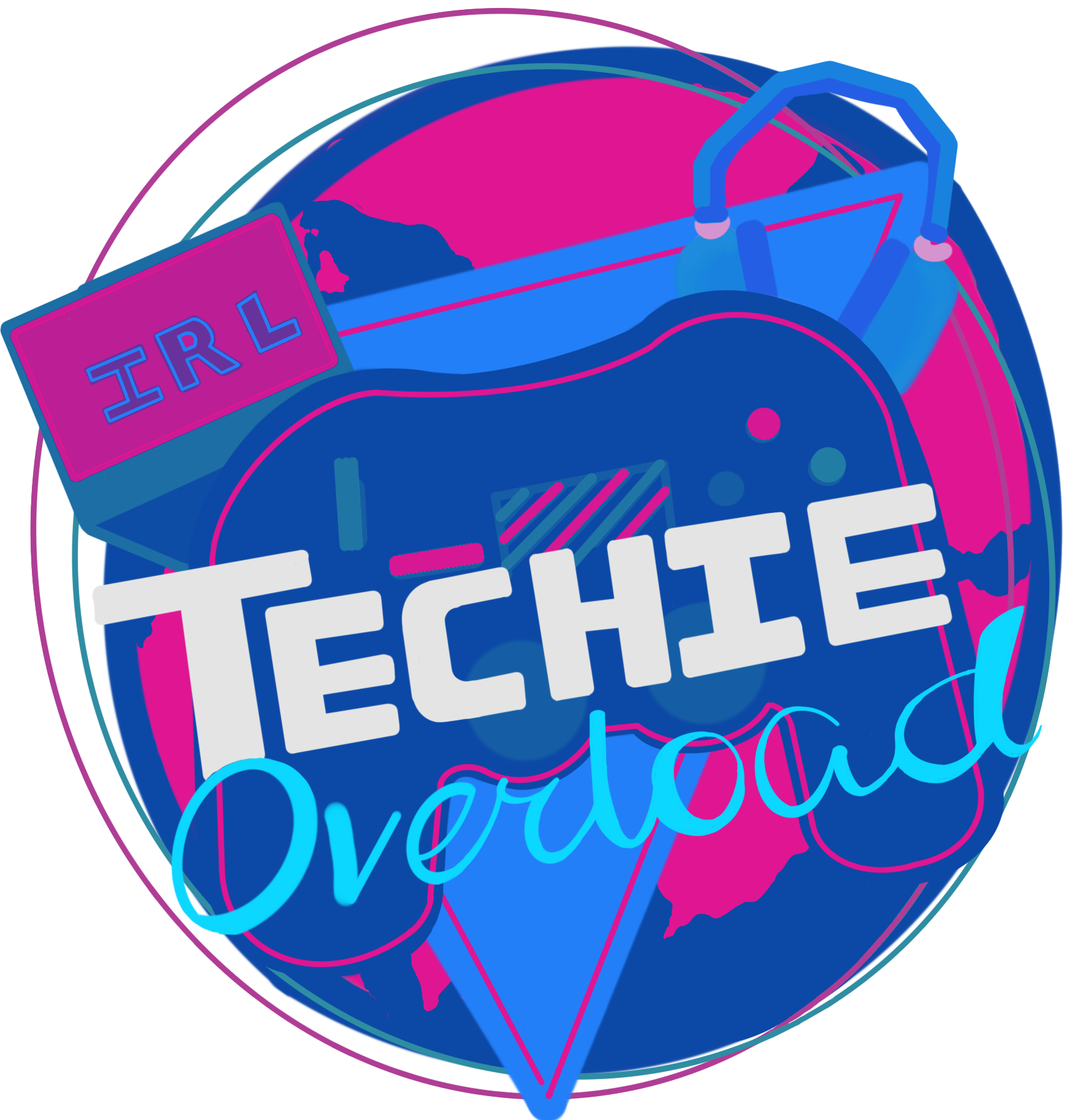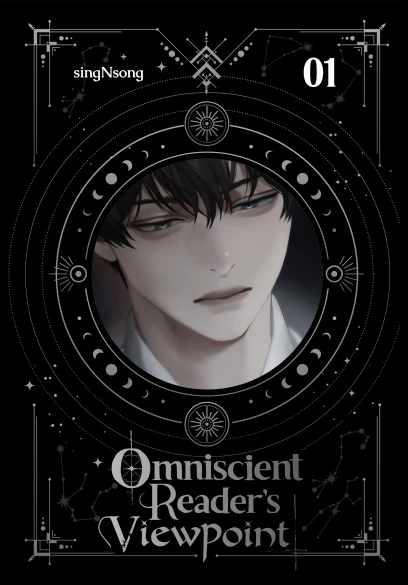Let’s be honest—most apocalypse stories feel like they’re following a script. You’ve got your lone wolf hero, your ragtag band of survivors, your leveling system, or zombie hordes or alien overlords… rinse, repeat. But every so often, a story comes along that kicks down the fourth wall and asks, “Hey, what if you already knew how the apocalypse plays out? What if you were the only person who read the book of the end of the world?”
That’s where Omniscient Reader’s Viewpoint (ORV) comes in—and trust me, from Chapters 1 to 25, it’s a wild, mind-bending ride.
Welcome to the End of the World… That You Already Read About
The story kicks off with Kim Dokja, your painfully relatable, overworked office worker who’s been clinging to one source of joy in his otherwise gray life: a web novel called Three Ways to Survive the Apocalypse. He’s not some super genius or chosen one. He’s just a tired guy who found comfort in a story no one else cared about. In fact, he’s literally the only reader who is stuck with the novel until the bitter end.
And then, as fate (or a particularly cruel author) would have it, that very story comes crashing into reality. The subway he’s riding turns into the stage for the first deadly scenario of the apocalypse. Monsters, systems, and cosmic gods called “Constellations” descend upon the world like they’re hosting a gladiator match for their own entertainment. Fun times, right?
But here’s the catch: Dokja is the only person who knows what’s going on. He’s the lone reader in a world where the book became real. And that knowledge? It’s both his weapon and his curse.
Playing the Game When You Know the Ending
What makes these early chapters so brilliant is how self-aware they are. Dokja doesn’t leap into battle with a hero’s grin—he’s cautious, calculating, and painfully aware that being the “main character” in a story like this usually means suffering first, triumphing much later (if you’re lucky). He’s read every plot twist. He knows who lives, who dies, and which scenarios are no-win situations.
But as you watch him navigate these challenges, a big question starts forming: What happens when you change the story? If Dokja intervenes and saves people who were supposed to die… is he making things better? Or just making everything more unpredictable—and potentially worse?
That tension drives the first 25 chapters. Each scenario is brutal, from subway massacres to poisonous fog death matches. There’s no hand-holding. People die. Choices hurt. Dokja constantly balances between doing what’s right and what’s necessary—and sometimes, those two things aren’t the same.
A Cast That Feels Real, Flaws and All
Thankfully, Dokja doesn’t stayed alone for long. Enter some standout characters who, even in the first stretch of the story, feel fully formed and emotionally real.
There’s Jung Heewon, who could slice you in half with both her sword and her sharp tongue. She’s got this firecracker mix of idealism and rage, always challenging Dokja’s cold logic. Yoo Sangah, the composed coworker who adapts to the nightmare scenario with quiet grace. Lee Hyunsung, the earnest soldier who tries to keep his moral compass intact. And Lee Gilyoung, a little kid who somehow survives in this hellscape, clinging to Dokja as a rare source of safety.
What’s great is that these characters aren’t just sidekicks orbiting around the protagonist. They think for themselves. They argue, hesitate, and sometimes outright disagree with Dokja. And because Dokja knows how their original stories should have gone, every moment with them carries this bittersweet weight. He knows their fates—but maybe, just maybe, he can help them write a better one.
Looming over all of this is Yoo Joonghyuk, the original “main character” of the web novel. He hasn’t fully stepped into the spotlight by Chapter 25, but his presence is like a thundercloud on the horizon. You can feel that eventual clash coming—and it’s going to be epic.
More Than Just a Game System Apocalypse
Look, we’ve all seen stories with leveling systems, stat screens, and power-ups. ORV has all of that too—coins, skills, attributes, and cosmic sponsors. But where it stands apart is in how soulless the system feels. This isn’t a world designed to help you grow stronger. It’s a meat grinder, a cruel cosmic game where human suffering is the entertainment for immortal beings.
Dokja’s knowledge of the system lets him exploit it, sure. But the story constantly reminds you: this isn’t a cheat code. It’s survival. Survival often means making choices that leave scars.
That moral ambiguity is where ORV shines. Dokja isn’t some noble savior. Sometimes, he makes cold-blooded calls. Sometimes, he lets people die because he knows trying to save them would doom everyone else. But it’s never easy, and the story never lets him forget what he’s done. His guilt, his loneliness, and his desperation to stay alive—those are what make him human.
The Meta Heart of the Story
But maybe my favorite part of these early chapters is the meta commentary. Omniscient Reader’s Viewpoint is a love letter—and a cautionary tale—for people who lose themselves in stories. Dokja spent years escaping reality by reading about Joonghyuk’s endless suffering and victories. Now that he’s living it? He realizes it was never just entertainment. These characters feel real to him. Their pain matters. Their lives have meaning beyond the plot.
It makes you wonder: what’s our responsibility as readers? Is it okay to enjoy a story about someone’s endless suffering? And what happens when that suffering becomes real?
A Breathless, Binge-Worthy Read
In terms of pacing, the first 25 chapters are lightning-fast. Scenarios roll in one after another, each one more intense than the last. The stakes escalate constantly, and the cliffhangers are brutal. If you’re anything like me, you’ll tell yourself, “Okay, just one more chapter,” and next thing you know, it’s 3 a.m.
But for all the tension, there’s humor, too. Dokja’s dry sarcasm and wry observations keep the tone from getting too bleak. He’s just self-aware enough to laugh at his situation, even while he’s running for his life. And somehow, that balance makes you root for him even harder.
So… Should You Read It?
If you like your apocalyptic survival stories with a dash of meta, a complicated protagonist who’s just barely keeping it together, and a system that feels more like a cosmic torture device than a cheat sheet—Omniscient Reader’s Viewpoint should absolutely be on your reading list.
The first 25 chapters lay the groundwork for a story that’s equal parts action-packed, emotionally raw, and thematically rich. You’ll find yourself questioning what it really means to be a hero—and whether knowing the future is a gift or a curse.
And trust me, this is just the beginning. The story world is only going to get bigger, wilder, and more dangerous from here.
(ADVANCE COPY PROVIDED BY IZE PRESS/YEN PRESS)



